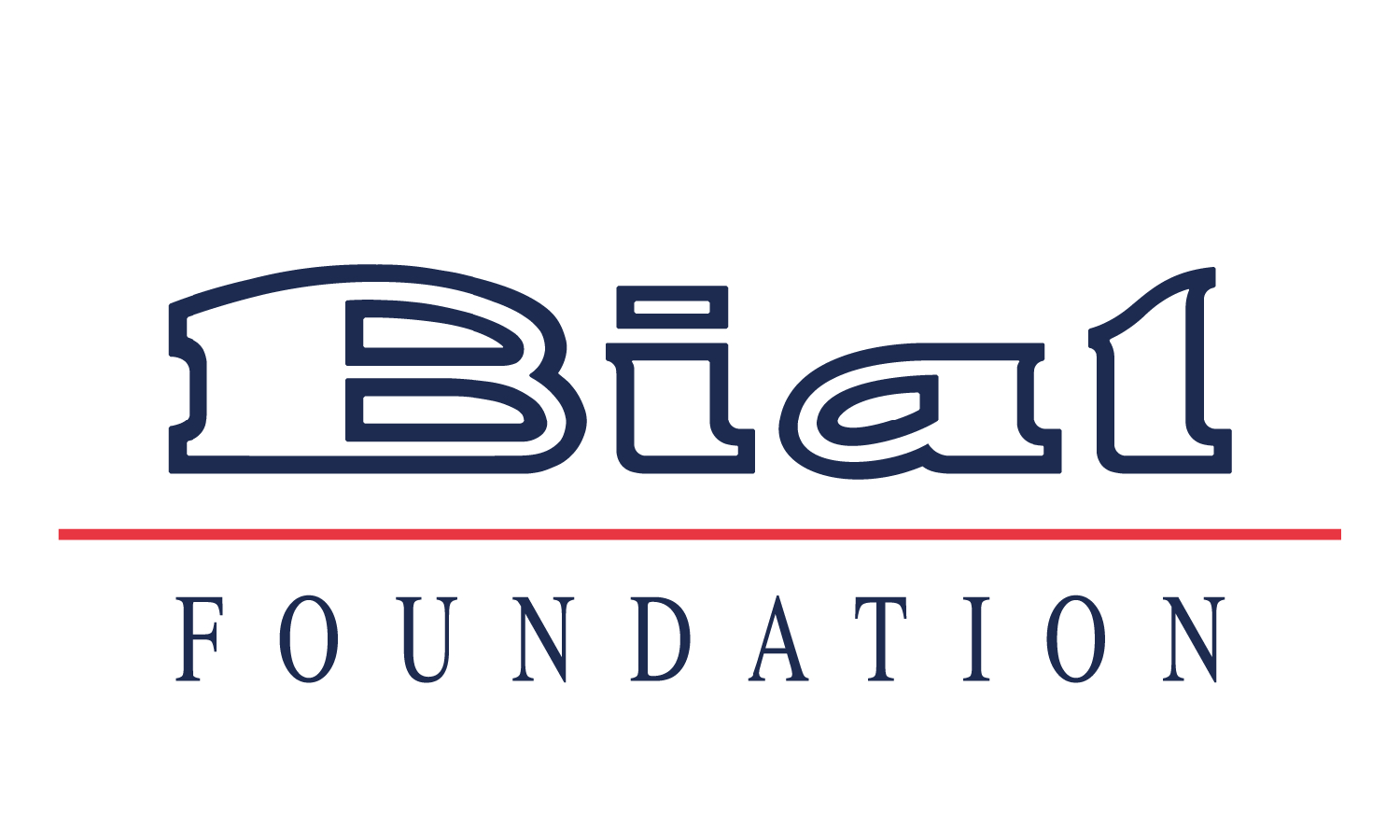Beliefs in the paranormal (PB) and conspiracy theories (CT) have been linked to meaning in life, a key indicator of well-being. However, research often treats these beliefs systems as homogeneous constructs and rarely explores the role of positive factors such as self-esteem and creativity in how these beliefs relate to psychological health. Moreover, PB and CT are associated with schizotypy, a personality trait that includes unusual perceptions, magical thinking, and a heightened tendency to assign meaning to experiences. These features may play a significant role in shaping how individuals construct personal meaning. A team led by Neil Dagnall analyzed 647 participants across four time points, using Latent Profile Analysis (LPA) to identify belief subgroups based on PB, CT, and schizotypy. Two profiles emerged: low and high ideation. The high ideation profile, characterized by stronger belief in the paranormal, conspiracy theories, and schizotypal traits, predicted greater search for meaning over time, as well as higher levels of creativity (self-efficacy and creative identity). Creative self-efficacy increased self-esteem, which in turn was associated with greater presence of meaning. Meanwhile, creative identity was negatively related to self-esteem but positively associated with both presence and search for meaning. These findings suggest that unconventional beliefs, far from being merely dysfunctional, may reflect alternative and psychologically rich ways of attributing meaning to existence. This study was published in the scientific journal Frontiers in Psychology, in the article Examining the degree to which paranormal belief and conspiracy endorsement influence meaning in life: Sequential mediating effects of creativity and self-esteem, as a part of research project 51/22 - Enhanced well-being and psychological adjustment: The psychological benefits of paranormal endorsement, supported by the BIAL Foundation.
ABSTRACT
Via a shared link with schizotypy, paranormal belief (PB) and conspiracy theory endorsement (CT) influence meaning in life (presence and search). This association is important because meaning in life (particularly presence) is a significant prognosticator of positive wellbeing. Despite this, previous research in this domain remains limited. Major restrictions include the assumption that belief is homogeneous and the failure to consider how factors related to positive wellbeing (i.e., creativity and self-esteem) explain links between belief, schizotypy, and psychological health. Accordingly, based on PB, CT, and schizotypy, this study used Latent Profile Analysis (LPA) to identify belief subgroups. Analysis then employed sequential mediation to assess whether creativity and self-esteem mediated the relationship between belief and meaning in life. A sample of 647 participants completed measures at four time points, two months apart. At baseline, LPA identified two subgroups: Lower (Profile 1) vs. Higher (Profile 2) belief ideation. Path analysis revealed that Profile 2 (vs. Profile 1) predicted greater search over time. Moreover, Profile 2 predicted creativity (self-efficacy and personal identity), which, in combination with self-esteem, sequentially mediated the belief–meaning in life relationship. Explicitly, creative self-efficacy prognosticated greater self-esteem, which aligned with greater presence and lower search. Creative personal identity demonstrated a negative link with self-esteem but predicted both presence and search. Overall, higher scorers in PB, CT, and schizotypy were less driven to search and more likely to possess presence, as a function of confidence in their ability to find solutions to problems and self-esteem.






































































